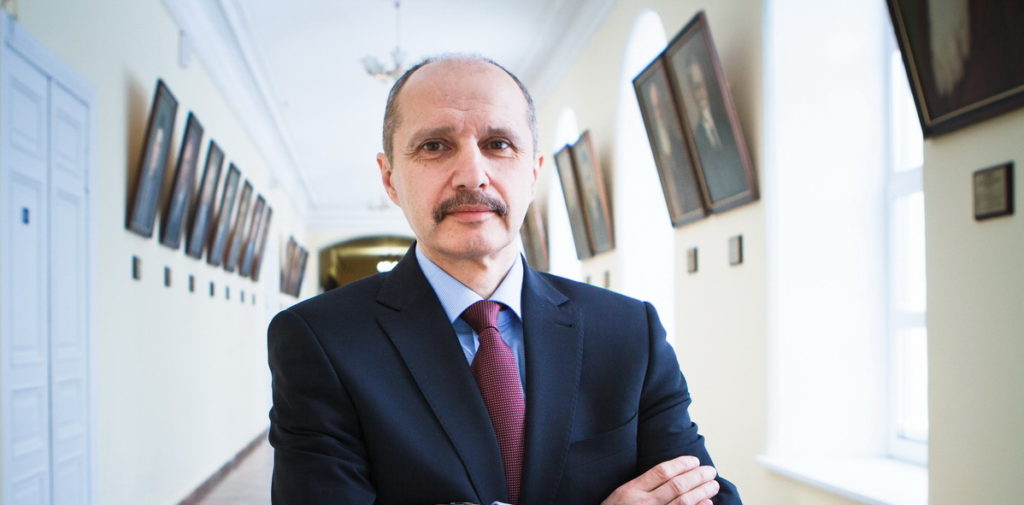According to World Health Organization, colorectal cancer (CRC) ranks third among the most common types of cancer and second among the causes of death from cancer. Given how difficult the detection of the disease is, the malignancy is often detected at the third and fourth stages. Tomsk State University scientists and colleagues from the Tomsk National Research Medical Center of the Russian Academy of Sciences have developed a new approach to cancer detection using biophotonics. This will allow early-stage detection of CRC and speed up the process of detection itself. The results of the studies conducted under a megagrant are published in A criterion of colorectal cancer diagnosis using exosomes fluo3 rescue-lifetime imaging, in the journal Diagnostics (Q2).”
“What makes colorectal cancer so tricky is that it stays insidious for a long time, and the disease is often detected at stages when the recovery is unlikely,” says the head of the TSU Laboratory of Laser Molecular Imaging and Machine Learning, Yury Kistenev. “That being said, it is known that early diagnosis can save up to 90 percent of patients with CRC. This requires new detection approaches, in particular, the ability to look for markers that would reliably indicate the presence of a malignant process.
During the megagrant-funded research, it was found that such markers can be represented by exosomes, the microscopic extracellular vesicles (bubbles) with a diameter of 30-100 nanometers, secreted into the intercellular space by cells of various tissues and organs. With the help of exosomes, cells exchange information.
“Exosomes are present in different body systems, but it is easiest to encounter them in saliva and blood”, explains Yuri Kistenev. “Exosomes that produce cancer cells carry specific information, and it is important to be able to read it.”
To analyze nanoobjects acting as biomarkers of malignant tumors, scientists use the two-photon microscopy method. While working jointly with Tomsk National Research Medical Center of the Russian Academy of Sciences, the research team conducted a comparative analysis of exosomes isolated from the blood of patients with intestinal polyps (benign formations) and CRC. The research fellows were able to identify criteria that are important for determining exosomes associated with CRC.
According to the scientists, a histological examination is necessary to make the final diagnosis. At the same time, blood testing using the new approach can significantly expand screening among the population and increase the chances of early oncopathology detection among patients.
The objective of the project implemented with the megagrant of the Russian Federation is to create innovative approaches that will reduce the time required for the diagnosis of diseases by hundreds of times – from a few days to a few minutes. The scientific group engaged in the development of new detection tools and technologies with the use of modern methods of optical spectroscopy and machine learning includes employees of Tomsk, Saratov, and Moscow State Universities, with the group’s project manager, Igor Lednev (State University of New York at Albany, USA).


